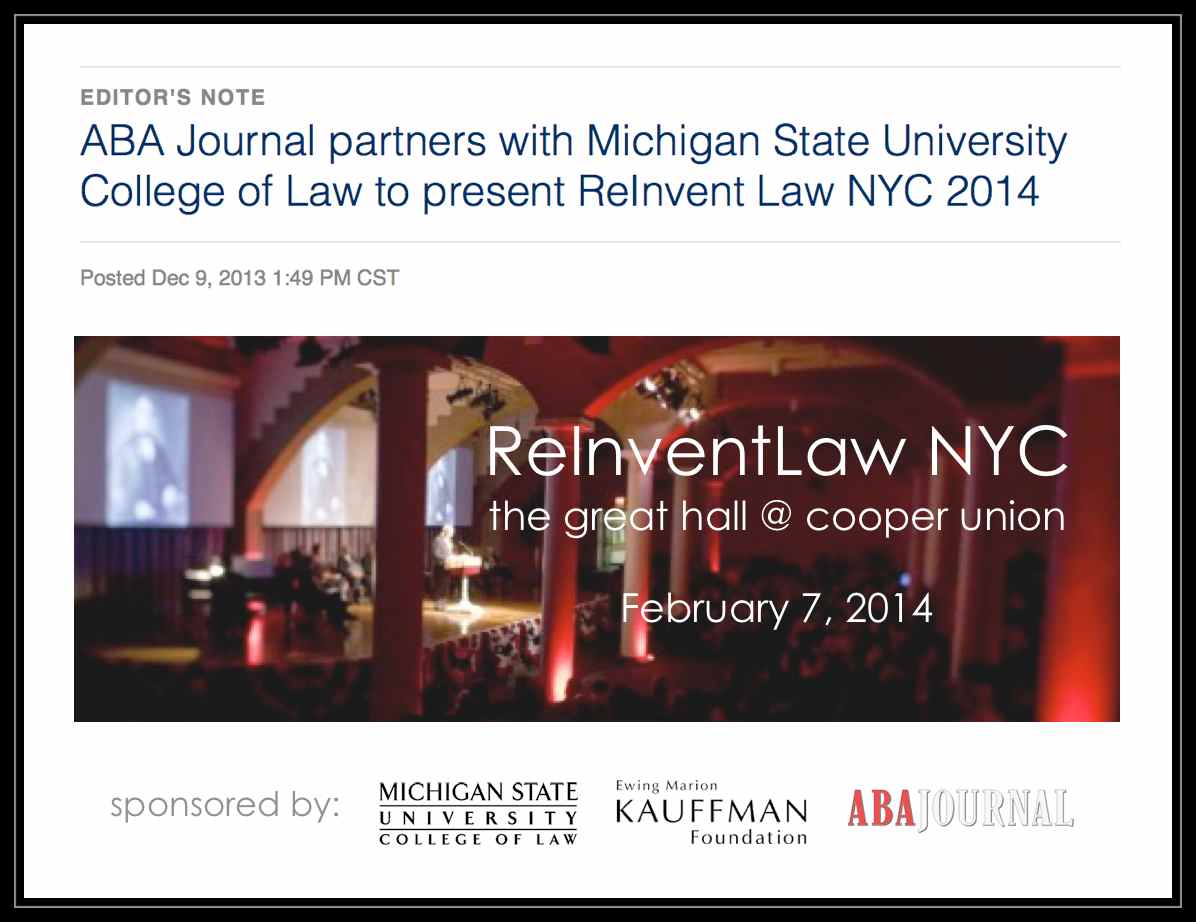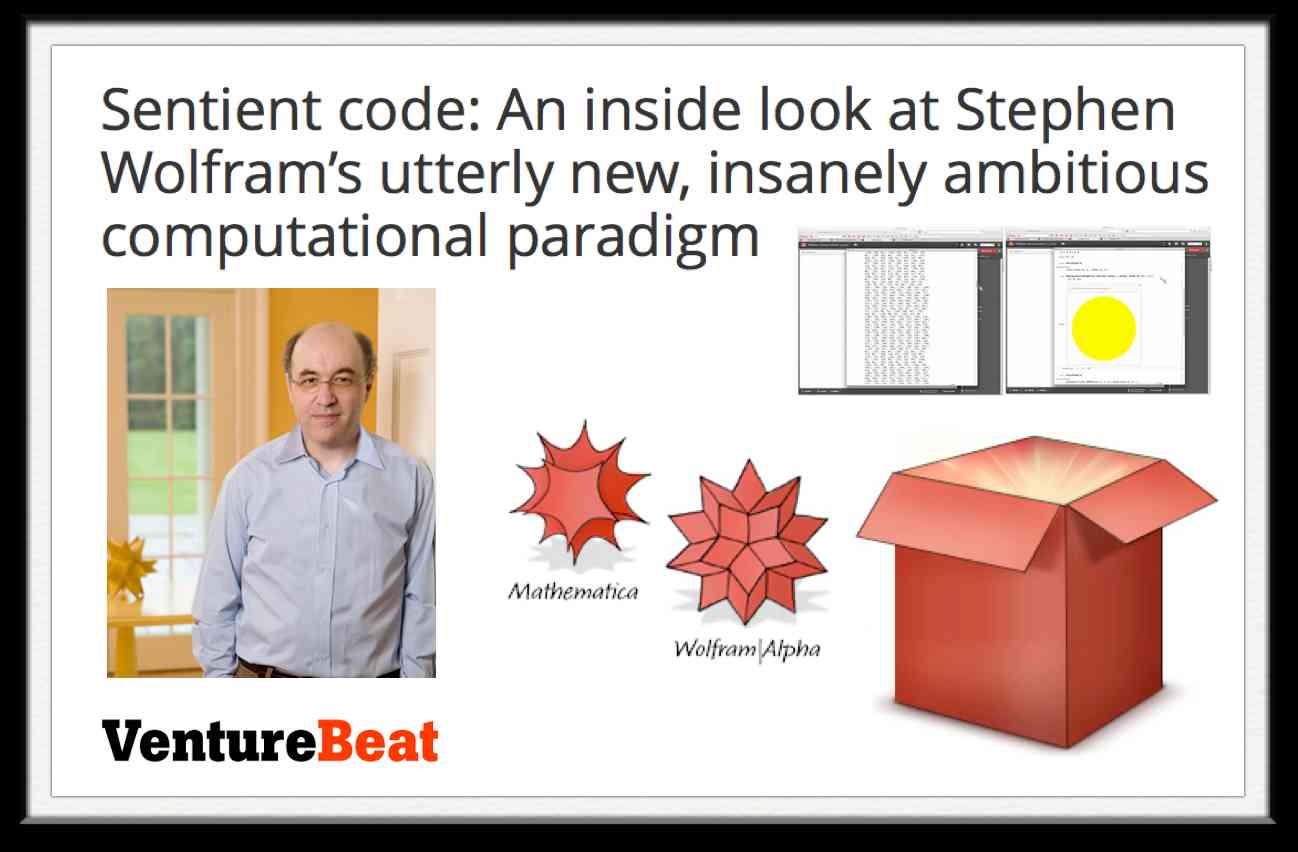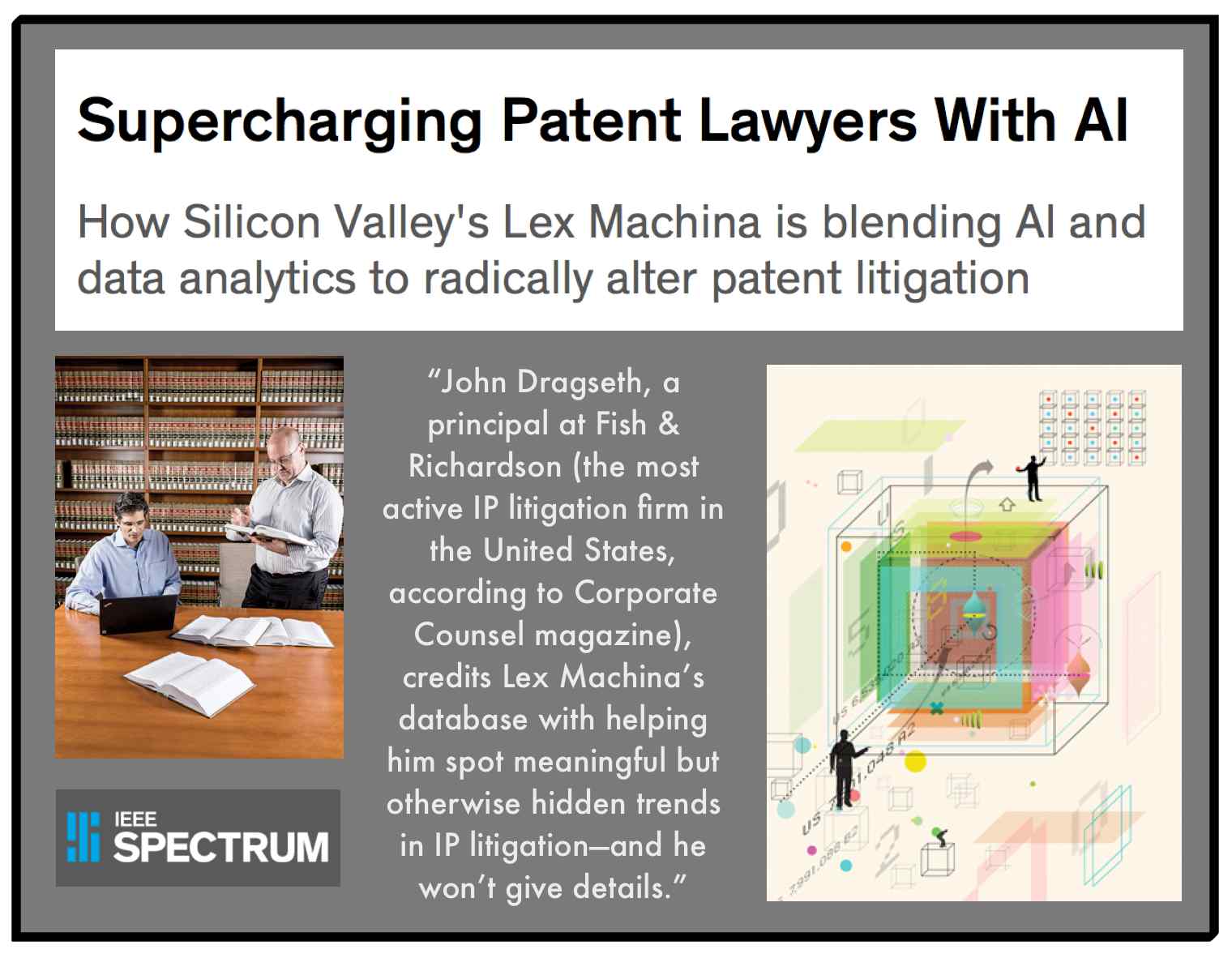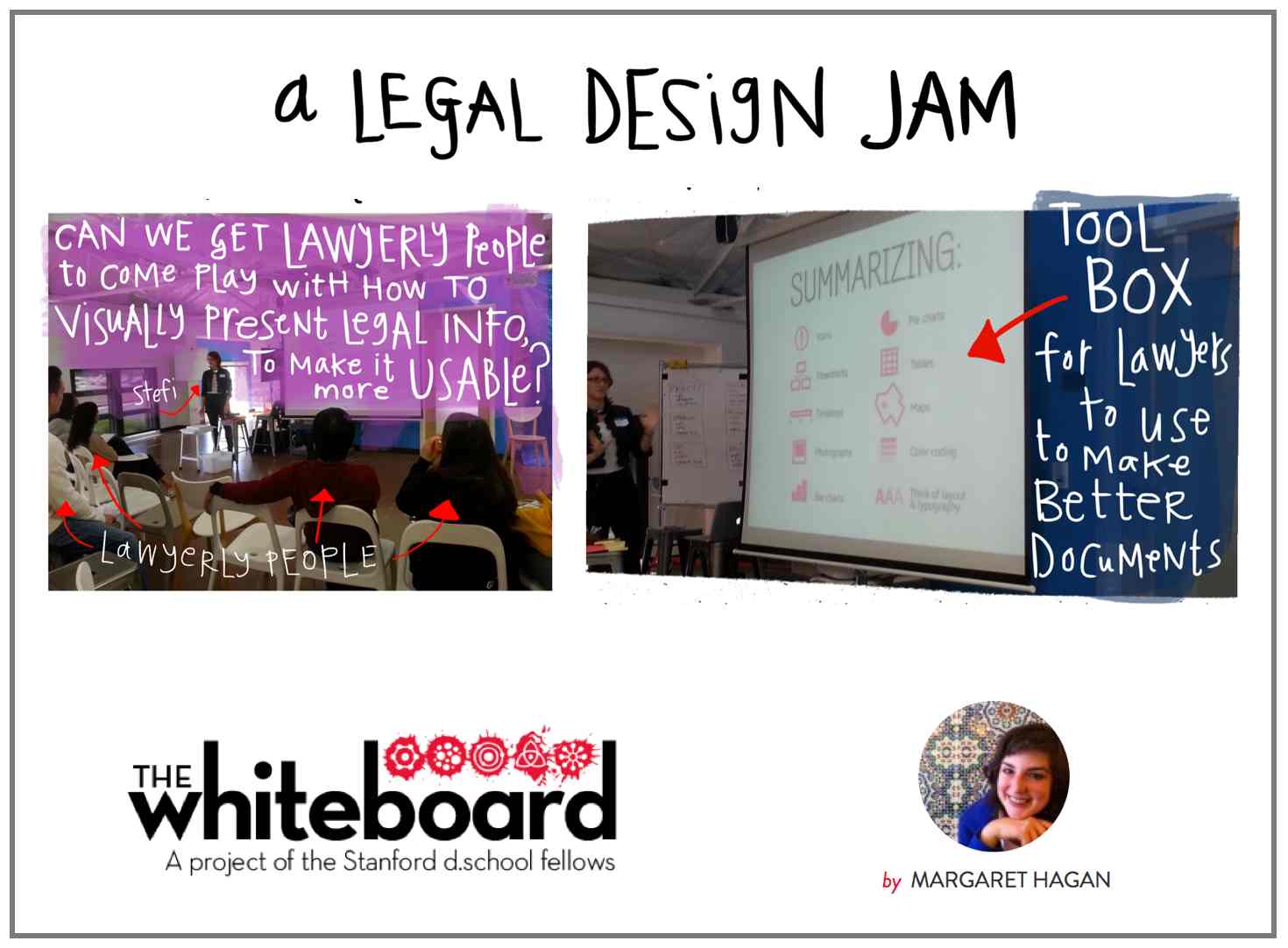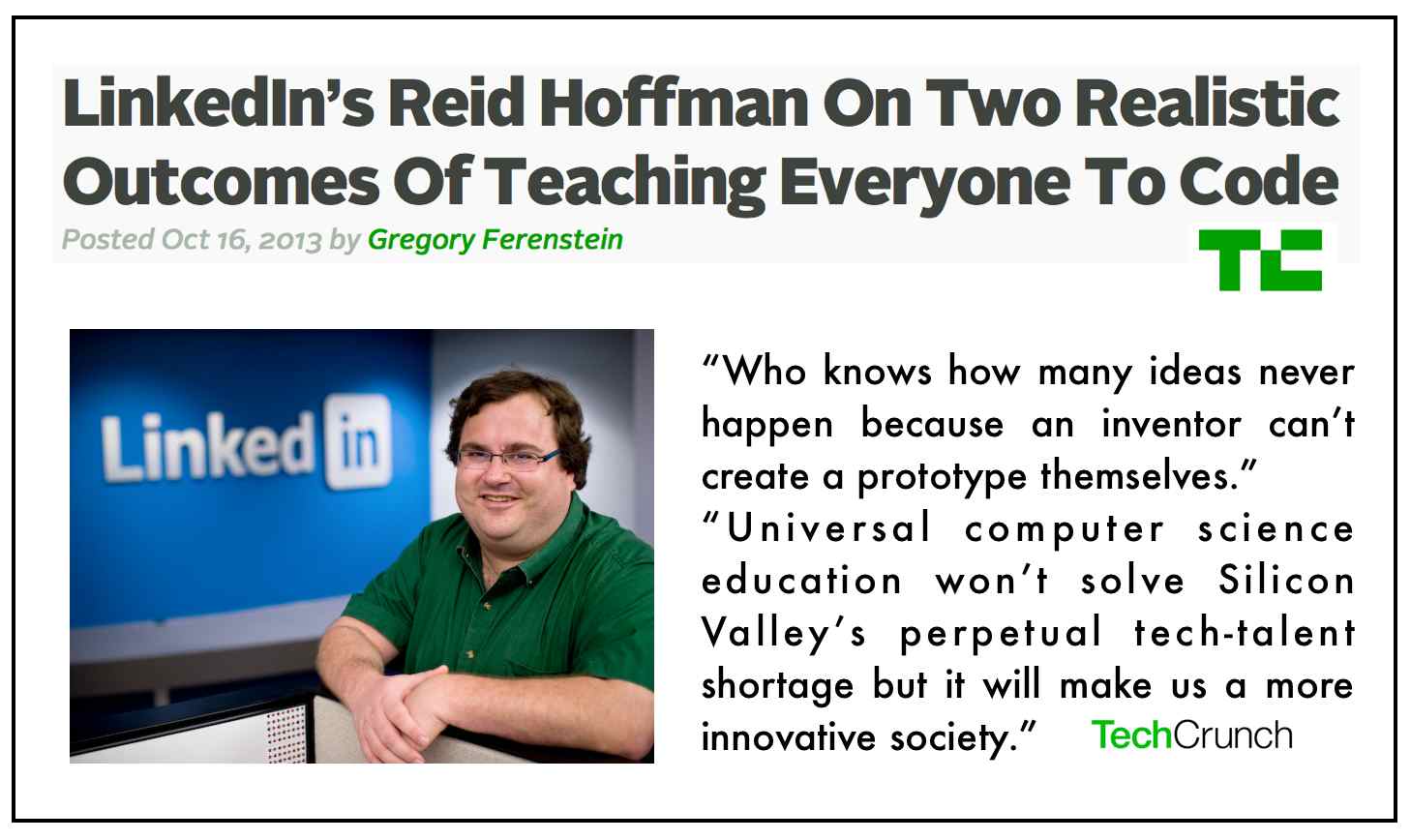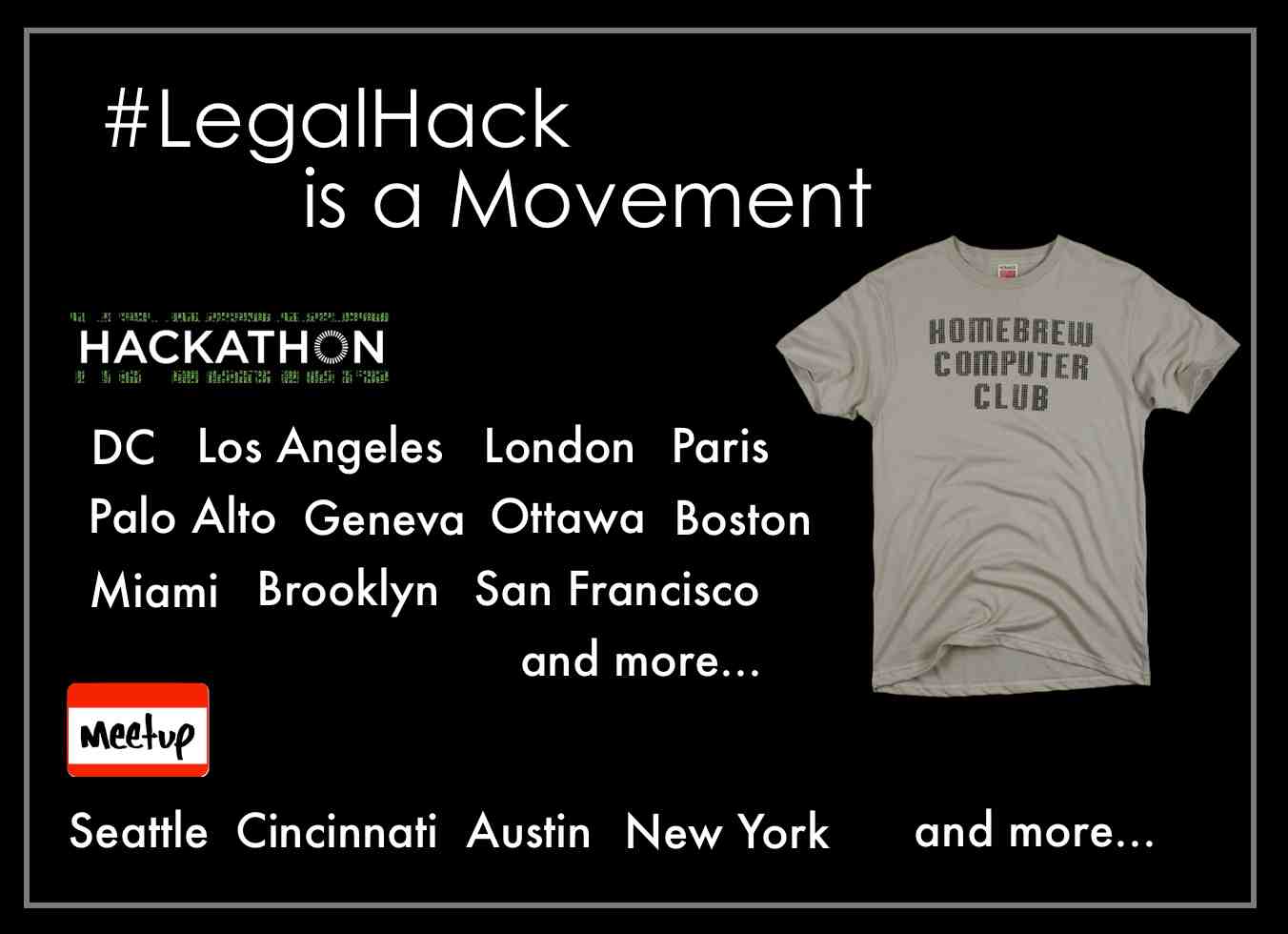
#Legal Hacking is a Movement. This is what Robert Richards from Legal Informatics Blog declared back in 2012. It turned out to be a very accurate prediction. The rise of the legal hack movement is among the most interesting developments in our industry — with significant growth coming in the second half of 2013.
Thousands of individuals in the #LegalHack movement are coming together across the globe to connect, discuss and try solve persistent problems that plague both the legal industry and public sector / judiciary. The past months alone have featured more than 10 events in locations such as Washington, DC, Palo Alto, San Francisco, Bologna, Brasila, London, Geneva, Ottawa, Brooklyn, Paris, etc. RC Richards has been compiling a list here.
Additionally, there are law+technology meetup events taking place in locations such as Seattle, Cincinnati, Austin, Los Angeles, etc.
While certainly not a silver bullet for all problems, technology can potentially help alleviate some of the persistent issues in both the private and public sector including firm efficiency, access to justice, better courts and a better justice system, more effective regulation, perhaps a less dysfunctional congress (well – that might be impossible) …
I should just note for those of you not familiar with this fact – “hacking” has multiple meanings. The context in play here is the positive sense of the word -> developing creative solutions to particular problems that exist in the world (rather than say committing crime using a computer). So the well know site Lifehacker (which helps me all of the time) is devoted to hacking your life in order to make it easier.
For the legal industry, this looks a lot like the HomeBrew Computer Club (circa about 1976)!


